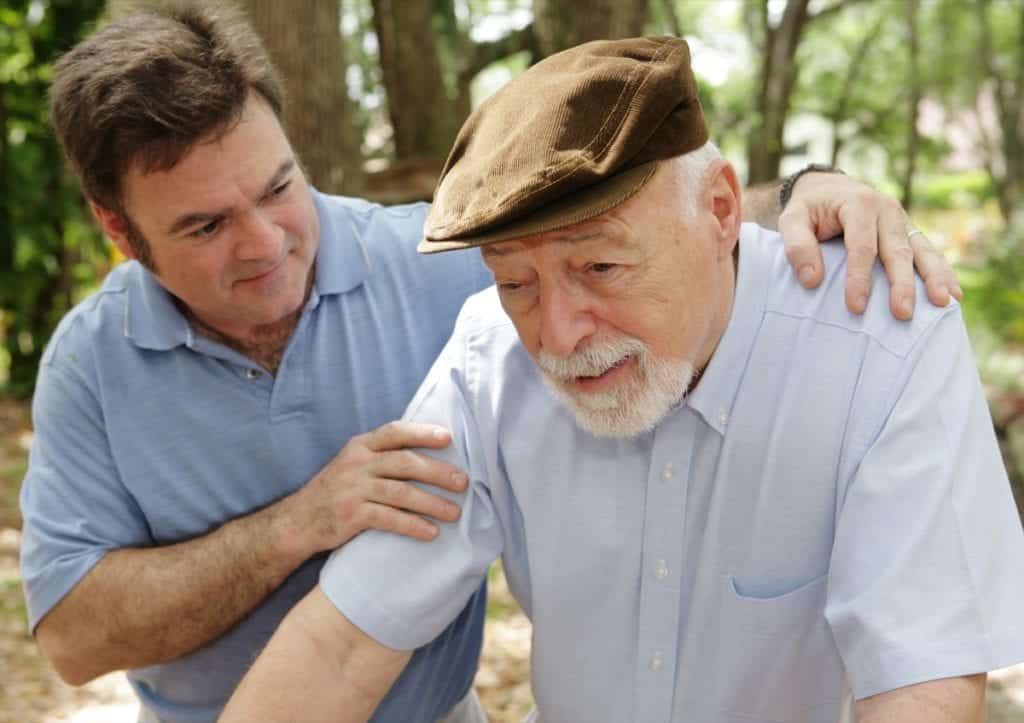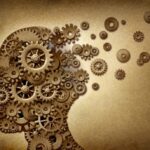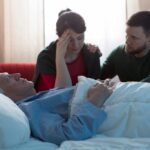Here’s a question we got recently and relevant to many of our visitors…
“My dad was just diagnosed with Alzheimer’s. What should we do now?”
Getting diagnosed with Alzheimer’s is life changing. Both for those who have been diagnosed and for those close to them.
People diagnosed with Alzheimer’s may initially react with a sense of dread. Then they’ll be hit with a whirlwind of emotions including…
- Anger that their life is going to take a different path than planned and they have no control over it.
- Denial that they’ve actually been diagnosed with Alzheimer’s.
- Relief that they at least have an answer for the symptoms they’ve been experiencing.
- Fear about the course of the disease and the effect it’ll have on them and their loved ones.
- Depression over all the ways their life has changed/will change.
- Also resentment, isolation and a sense of loss are common in those diagnosed with Alzheimer’s.
As the disease progresses, things that once proved easy for them become increasingly difficult. We find this only adds to their feelings of frustration and depression. And, because of this, we know that understanding and emotional support are just as important as physical support.
Not Just Memory Loss
Besides a loss of memory, Alzheimer’s disease causes a loss of communication skills and loss of judgment. It’s common for family members to notice changes in the person’s behavior and personality.
These changes can be devastating to relationships.
In fact, recent studies estimate nearly 10 million Americans provide unpaid care for people with Alzheimer’s or other types of dementia. More than 40% of caregivers rate the emotional stress of caregiving as high or very high. And approximately a third show symptoms of clinical depression.
So, unfortunately, the victims of Alzheimer’s extends beyond just those with the disease. It includes their networks of family and friends as well.
So, yes, after diagnosis it’s important to find help for those diagnosed. However, those around them will require assistance too.
If you’re in need of support, there are a number of fantastic resources available. Associations, local support groups, online forums and local memory care facilities offer help not just to those with the disease, but their loved ones as well.




